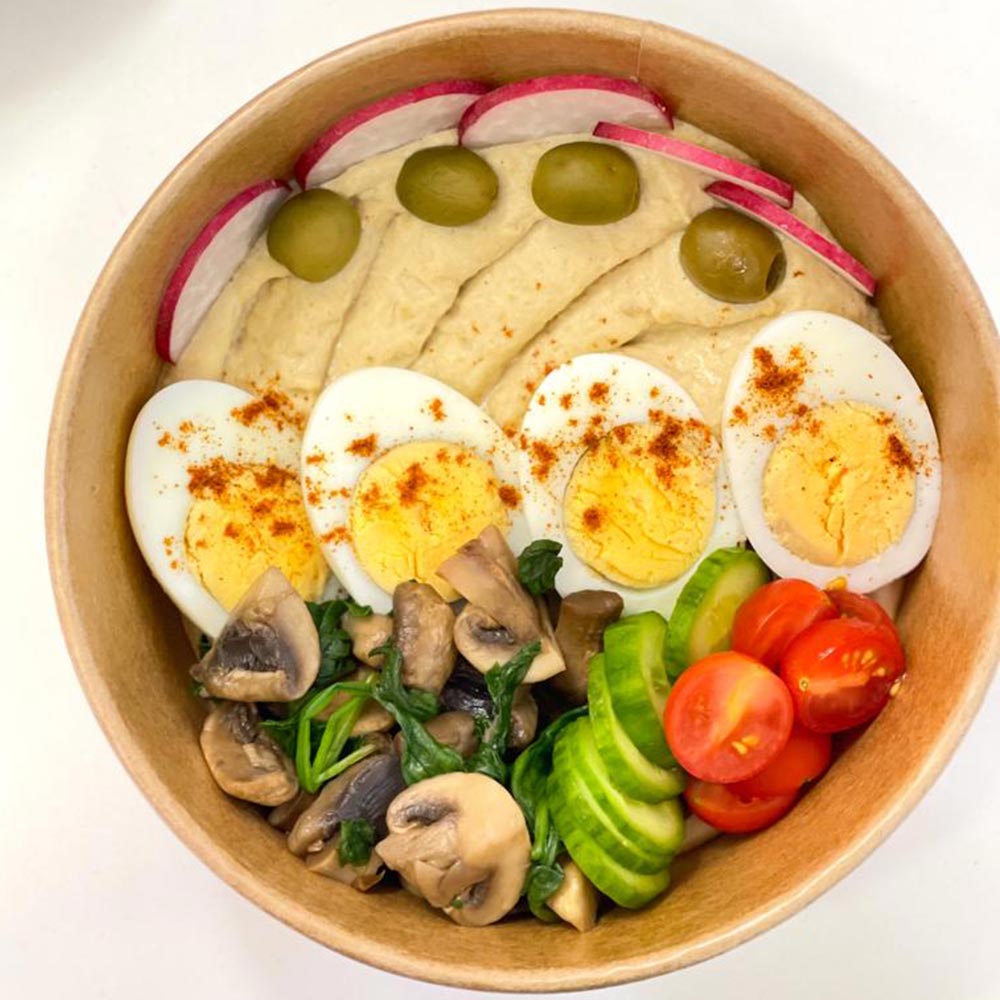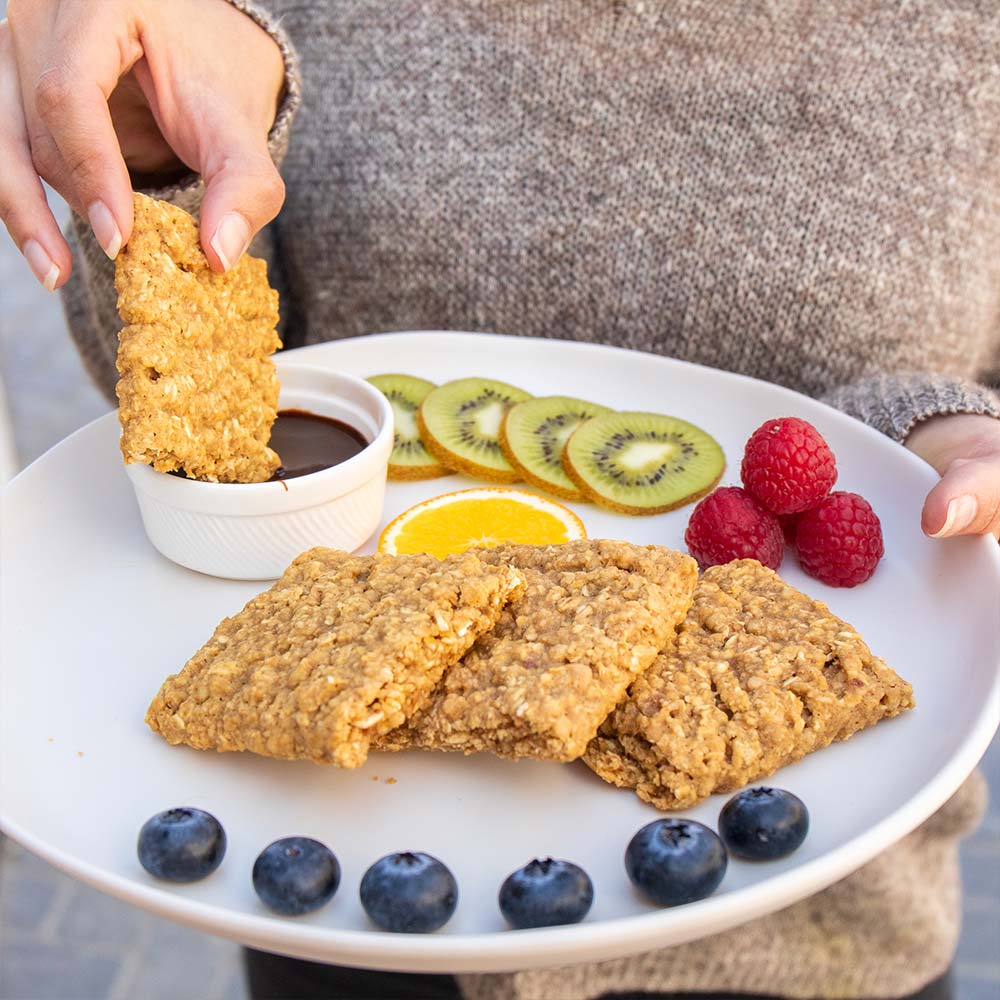The most natural and necessary action of
daily living is to nourish your body. Every meal you consume every day requires
making dietary decisions, whether conscious or unconscious. But do your
decisions improve your health and enjoyment of life?
Even though individuals are becoming more
aware of the advantages of healthy diet, the occurrence of obesity and
nutrition-related chronic disorders has grown over the last several decades.
Several factors, such as the meals
available in schools, grocery shops, and restaurants, marketing and social
exchanges, or just a lack of knowledge about which foods are less healthy, can
all have an impact on our decisions and eating habits.
Here are the Top 6 Common Prejudices about Healthy Meal Plan along with tips
and motivation on how to overcome them,
1. Time
Whether it's getting everything done at
work or making nutritious meals, it appears that time is the main issue for us
all. A nutritious diet, on the other hand, should not be another source of
stress in your already hectic life; rather, it should assist you in reducing
stress.
Set aside an hour on weekends to do some
prep work, whether it's cooking a big meal to freeze or cutting veggies and
preparing quinoa. Pre-packaging smoothie components into separate bags is also
an option (all you have to do in the morning is throw them in a blender and add
a liquid of choice).
2. Finance
If you believe that eating healthily means
buying more costly foods, you're mistaken. To begin with, cooking instead of
dining out may save you a significant amount of money.
When it comes to grocery shopping on a
budget, the only items required to prepare healthful meals are reasonably
priced. Consider whole earth foods such as veggies, grains, nuts, and seeds.
The more "fancy" health goods,
such as bottled sauces, pre-made meals, and snacks, might be more expensive,
but you don't need them to eat well. Buy grains or dry beans in bulk to save
money, buy in-season food, and choose cheaper protein sources like chickpeas,
lentils, and dried quinoa.
3. Lack of Motivation
It's understandable if a diet
transformation feels daunting. It is neither sustainable nor practical to break
or create new habits with significant changes. Instead, focus on adding
additional nutrients to the food you currently have to help you ease into a
better lifestyle.
Every one of us has distinct motivations
for wanting to live a healthy lifestyle. You probably wouldn't be reading this
if you didn't! It goes far beyond "I'd like to feel better" or
"I'd like to have more energy." What does it mean to you to be
healthy? What is your motivation for wanting greater energy? Concentrate on the
why and allow it to motivate you.
Another scientifically validated method for staying motivated? Visualize the end result. What would your life be like if you reach your health objectives? What would your life be like if you don't reach your goals? Making your health commitment public may also be motivational.
Make a public announcement to your friends,
family, or on social media. Assemble a group of people who share your aims and
who will hold each other responsible.
Setting realistic, attainable short-term
objectives rather than lavish ones that will leave you feeling overwhelmed and
despondent is the key to long-term success.
4. Balancing your Social Life
Whether it's weekend brunch with the gals
or happy hour with co-workers, the majority of social occasions revolve around
alcohol and food.
When you’re dedicated to filling up on
leafy greens and whole grains, the temptation of bottomless mimosas or
discounted mozzarella sticks, might make you feel like you have to choose
between having a social life and eating healthy.
If you do feel like you have to choose,
choose to always be happy. Spending time with people you love and who make you
happy is nourishment too.
5. Dealing with your LOVE for Food
This is both amazing and very typical. You
should enjoy eating! Food is fuel, and you require it in order to live and
flourish. So, why do we think that loving eating is a negative thing?
The diet industry has convinced us that in
order to live a healthy life, we cannot enjoy eating and must diet and starve
ourselves. I'm here to tell you that it’s so not true.
Instead than focusing on items you should
avoid, concentrate on adding entire and healthful meals you enjoy.
Eat instinctively. This means a lot of
toast with sweet potatoes, nut butters, bananas, and avocados. These items
guarantee that you stay full and energized. Don't deny yourself. Balance your
pleasures with a healthy way of living.
6. Overcoming bad eating habits
We've all battled with bad eating habits at
one time or the other in our lives. You set out with the best of intentions to
eat healthy, but then it's your colleagues birthday, and before you know it,
you've had three slices of cake and it's just half-way through the workday
(believe me, I've been there).
- First and foremost, indulging is never a
terrible idea. Enjoying meals whenever you want them, will help you avoid
binges and overeating later. You shouldn't eat till you're sick or out of
control, though.
- Avoid being too hungry. When you become
very hungry, your willpower is depleted, and the game is finished. Keep a few
high fibre, high protein snacks on hand, such as almonds, to keep you feeling
full and content. You'll be less inclined to grab for that second slice of
cake.
- Keep hydrated. Drinking enough of water
is essential for controlling hunger.
- Last but not least, maintain your cool.
Mindless eating is frequently triggered by stress. Instead of becoming
agitated, get up and go for a stroll around the block.
Conclusion
These ideas may help you and your family eat properly in 2022 and beyond, no matter what your past prejudice about meal planning were!






























